-
 समुद्र तट, प्रकृति का जादुई सौंदर्य, अनूठा आकर्षण सब कुछ है - पांडिचेरी यात्रा के दौरान वहाँ क्या देखें, क्या खाएं, कहां खरीदारी करें: पांडिचेरी में घूमने के 10 सर्वश्रेष्ठ स्थान (2020)
समुद्र तट, प्रकृति का जादुई सौंदर्य, अनूठा आकर्षण सब कुछ है - पांडिचेरी यात्रा के दौरान वहाँ क्या देखें, क्या खाएं, कहां खरीदारी करें: पांडिचेरी में घूमने के 10 सर्वश्रेष्ठ स्थान (2020)
-
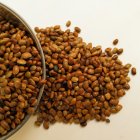 Introduce Your Family to the Multiple Benefits of Horse Gram: Check out Simple and Delicious Horse Gram Recipes and Make This Superfood a Part of Your Family's Regular Diet (2021)
Introduce Your Family to the Multiple Benefits of Horse Gram: Check out Simple and Delicious Horse Gram Recipes and Make This Superfood a Part of Your Family's Regular Diet (2021)
-
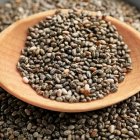 चिया बीज का उपयोग करने के लिए शीर्ष 8 विभिन्न प्रकार के अद्भुत तरीके इसके अधिकतम लाभ प्राप्त करने के लिए। चीया बीज के बारे में आमतौर पर पूछे जाने वाले प्रश्न (2021)
चिया बीज का उपयोग करने के लिए शीर्ष 8 विभिन्न प्रकार के अद्भुत तरीके इसके अधिकतम लाभ प्राप्त करने के लिए। चीया बीज के बारे में आमतौर पर पूछे जाने वाले प्रश्न (2021)
Difference Between Probiotics and Prebiotics
Prebiotics and probiotics are both extremely helpful for you with a lot of health benefits. Though the names of the two are very similar, they have a lot of differences and should not be mistaken for one another.
Probiotics are yeasts and some live bacteria that help your digestive system. These are a good and helpful type of bacteria that help keep your gut healthy, among many other benefits like the ones mentioned below. In addition, these bacteria are made with the process of fermentation and can be found in your daily-use foods and supplement such as the ones mentioned later on.
Prebiotics, on the other hand, is the fibre that is non-digestible and just passes through the alimentary canal. Furthermore, these help you in a lot of ways as well. For instance, they help speed up the digestion process and also help in getting rid of the waste. Prebiotics, just like probiotics, can be found in various foods including some fruits and vegetables. However, these do not require a particular process like fermentation to develop.
Health Benefits of Probiotics
They Help Balance the Friendly Bacteria in the Digestive System
Live organisms like probiotics can help your bodies in many ways. For instance, they help in the restoration of the balance of your gut bacteria. If this is not done, it will mean that there is not enough good bacteria and lots of bad bacteria which can be caused by illnesses, medications, and a poor diet, among other things.
If the bacteria is not balanced, you can get various allergies, obesity, digestive issues, and even mental health problems, etc. To prevent or even cure all this, probiotics are recommended as they are easily accessible with almost no side effects. But, they should not be taken in excess and a doctor should be consulted in severe conditions.
They Help Prevent and Cure Diarrhoea
Probiotics also help with preventing diarrhoea. They not only help prevent diarrhoea, gastroenteritis, other related diseases like sporadic infectious diarrhoea and acute watery diarrhoea, by keeping your gut and your digestive system healthy but also help cure them.
By keeping your gut healthy, probiotics, prevent the inflammation of the gut's lining, hence helping with this particular medical condition. Be that as it may, the amount of influence and the side effects depend on the type of food you get the probiotics from.
They Help Improve Mental Health Conditions
In addition to the aforementioned benefits, probiotics can also help with your mental health as well as the mood. They can do this by reducing depression, anxiety, obsessive-compulsive disorder, and even autism as well as memory. They can also help reduce stress, thereby having a positive effect on both your mind as well as your mood. These also reduce the levels of C-reactive protein and various hormones like insulin, again having a good effect on your health. This way, they not only help you but also the ones around you.
Help Manage Blood Pressure and Cholesterol Levels
Lastly, probiotics can also help you with your cholesterol and blood pressure levels. Especially, the Lactobacillus bacteria helps diminish the levels of lipoprotein and also the total cholesterol. In addition to all that, many research studies have shown that probiotics can help people suffering from high cholesterol and prevent it but the effectiveness depends on the type of the probiotics consumed. Probiotics can also help with blood pressure by increasing the levels of vitamin-D that helps control high blood pressure levels. This can, therefore, also help with various heart diseases.
Health Benefits of Prebiotics
Help Prevent Colorectal Cancer
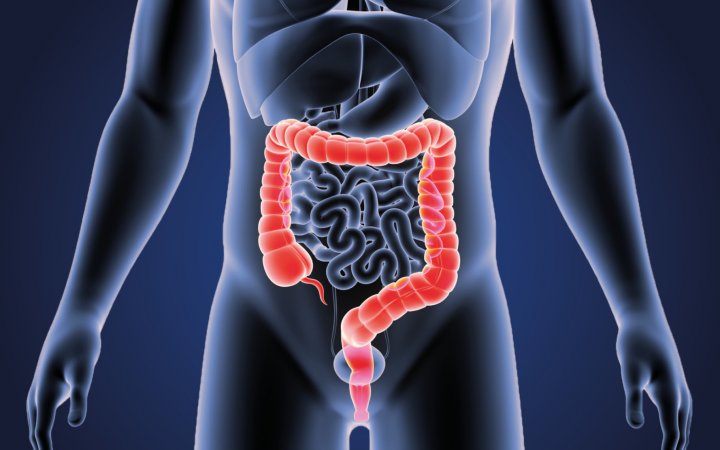
The major benefit of prebiotics is that they are advantageous for the prevention of colorectal cancer and its symptoms. They do this by revising the activity and constituency of the colorectal microflora. To be precise, they help with the alteration of gene expressions in cancerous cells and the production of SCFA that have an anti-cancer influence. In addition, various pieces of research have shown that prebiotics can help reduce the levels of some biomarkers of colorectal cancer, thus having a positive effect.
Keeps Your Gut Healthy
Another benefit of prebiotics is that, just like probiotics, they also help keep your gut healthy. They do this by maintaining the health of the gastrointestinal system by increasing the number of good bacteria. That bacteria uses prebiotic fibre to produce short-chain fatty acids, hence helping them thrive. These fatty acids, then, improve the lining of the gut while the prebiotics also help with the overall digestion and diminishing the chances of IBS, Candida, virus, leaky gut syndrome, etc.
Improve the Absorption of Several Different Minerals
Lastly, prebiotics also help with the absorption process of various minerals like magnesium and calcium. In this way, they help strengthen your bones, and the probiotics recolonise in the gut and turn off some auto-immune responses, thereby helping provide your body with more energy. The SCFA made by prebiotics also helps in the acidification of the gut lumen, hence, increasing the solubility of minerals in the gut and leading to the improved expression of the calcium-binding proteins in your large intestines.
Sources of Prebiotics and Probiotics
Coming to the sources of probiotics and prebiotics, both of these can be found in a lot of normal food substances. However, there are some food options which are a bit better than the others as they do not have a lot of side effects and are easily available all through the year as well. There are of course special supplements too available but we are not covering them here. You should consult with your doctor for knowing more about such options.
Probiotics:
In case of probiotics, the better choices are yogurt, kefir, sauerkraut, kimchi, tempeh, sourdough bread, kombucha, miso, salter brine olives, cottage cheese and pickles. However, you should make sure that you are not allergic to any of the substances, and, if you are too sensitive to cough, you should not eat foods like yogurt as they are known to cause these medical conditions. Some other good food sources of probiotics that are also easily accessible include traditional buttermilk, natto, Gouda cheese, acidophilus milk, cheddar cheese, apple cider vinegar and mozzarella cheese. However, if you want, you can also get probiotic supplements but you should choose them carefully and you may even consult a doctor before using them.Prebiotics:
Just like probiotics, prebiotics can also be found in various types of food substances. These found substances include dandelion greens, asparagus, bananas, apples, onions, garlic, leeks, Jerusalem artichoke, chicory root, rye, and jicama root, among many others. Also, most of these food substances have close to no side effects if used in the right amount, the proper away, and at the right time.
Be that as it may, if you have any medical conditions or allergies, you should consult a doctor before using these foods as a source of prebiotics. In addition to all that, you can also get prebiotics from supplements, oatmeal, wheat bran, barley, soybeans, shallots, savoy cabbage, chickpeas, lentils, red kidney beans, baked beans, watermelon, grapefruit, konjac root, almonds, pistachio nuts, flax-seeds, cocoa, burdock root, Chinese chives, yacon root, maple sugar, seaweeds, etc.
-
 Ever Wondered How to Make Paneer at Home? Here is the Complete Guide to Take Out Soft and Creamy Paneer from Milk at Home (2021)
Ever Wondered How to Make Paneer at Home? Here is the Complete Guide to Take Out Soft and Creamy Paneer from Milk at Home (2021)
-
 Want More Tantalizing Breakfast Ideas? Here are 6 Scrumptious Egg Recipes for Breakfast That Will Make You Want to Eat Eggs All Day (2020)
Want More Tantalizing Breakfast Ideas? Here are 6 Scrumptious Egg Recipes for Breakfast That Will Make You Want to Eat Eggs All Day (2020)
-
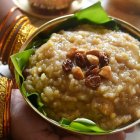 Want to Pamper Your Taste-Buds this Pongal? Here are Mouth-Watering Pongal Recipes You can't Miss in 2019
Want to Pamper Your Taste-Buds this Pongal? Here are Mouth-Watering Pongal Recipes You can't Miss in 2019
-
 Breakfast is the Most Important Meal of the Day: 10 Nutritious and Easy-to-Make Indian Breakfast Recipes to Start Your Day (2019)
Breakfast is the Most Important Meal of the Day: 10 Nutritious and Easy-to-Make Indian Breakfast Recipes to Start Your Day (2019)
-
 Can't Figure Out the Best Biryani Recipes to Fulfil Your Appetite(2020)? Fret Not, Read on to Find One You Will Definitely Want to Try Right Away!
Can't Figure Out the Best Biryani Recipes to Fulfil Your Appetite(2020)? Fret Not, Read on to Find One You Will Definitely Want to Try Right Away!
Take Good Care of Your Health with Probiotics and Prebiotics
As would have been evident by now, both probiotics and prebiotics are very important for your health and their food sources should be a part of your daily diet. If you are planning to take supplements, it is always prudent to consult your doctor and act based on his advise. We hope you would have loved this BP Guide. Stay connected with us for more such engaging content.


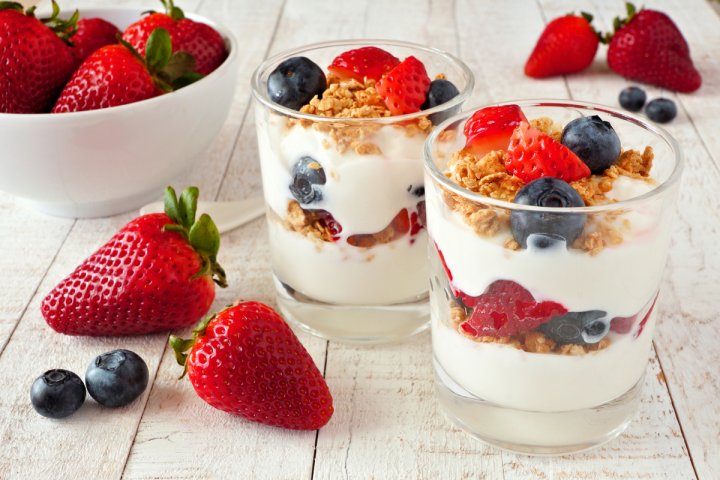
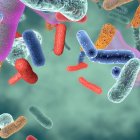
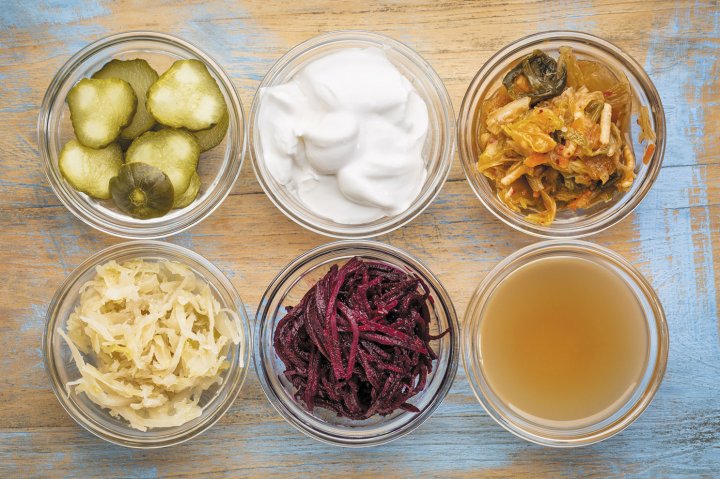
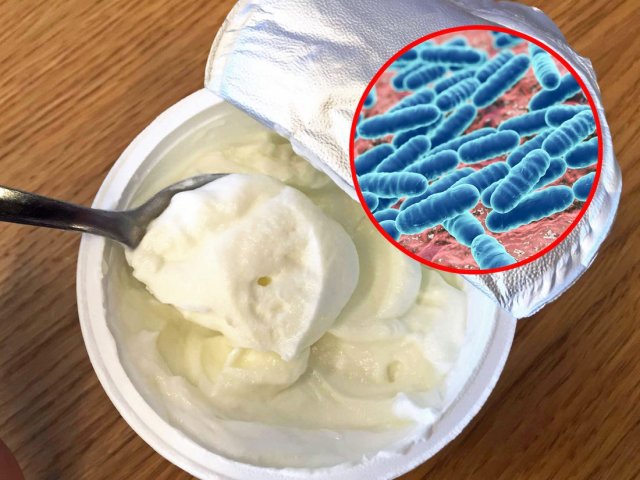

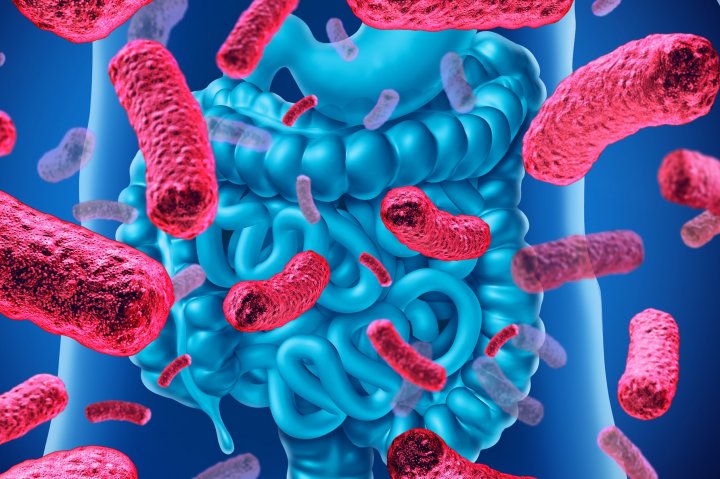
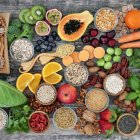




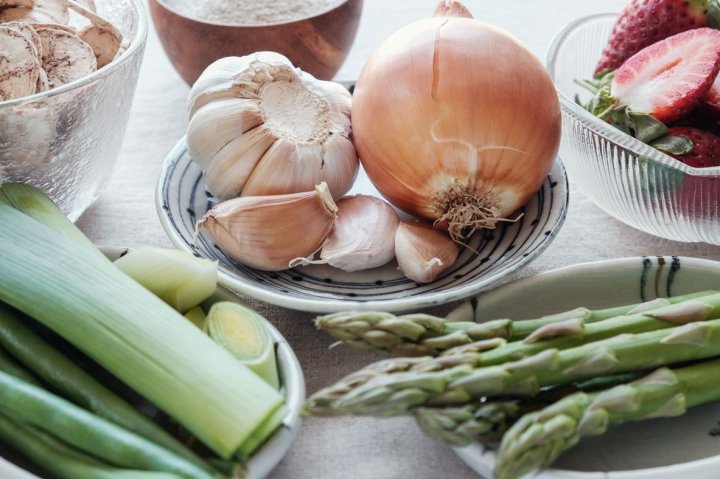



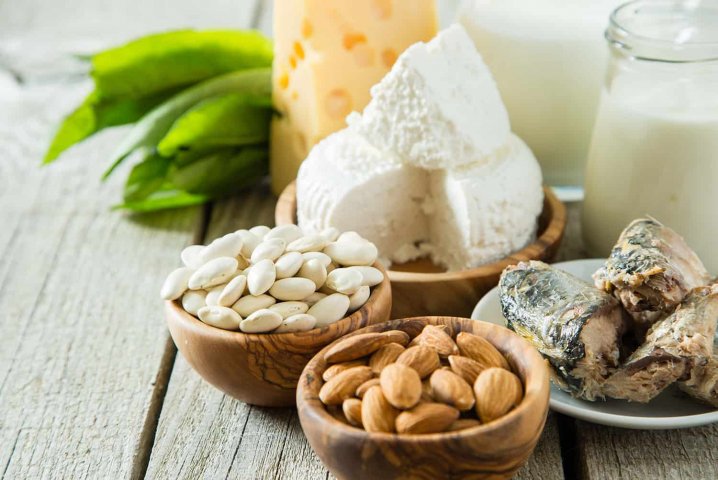

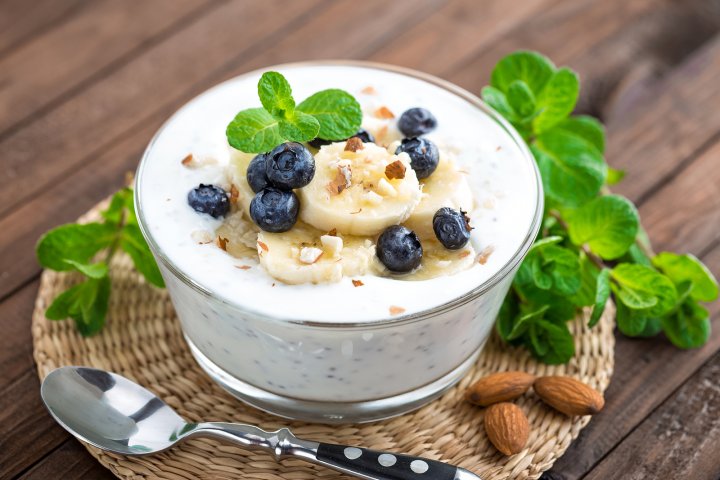
 Highlight the Best Facets of Your Incomparable Beauty: Discover the Best Face Highlighter Currently Available in India and Everything You Need to Know About Using Face Highlighters for Maximum Effect (2023)
Highlight the Best Facets of Your Incomparable Beauty: Discover the Best Face Highlighter Currently Available in India and Everything You Need to Know About Using Face Highlighters for Maximum Effect (2023)
 Forget the Blemishes and Get that Picture Perfect Flawless Radiance on Your Face: Check out the Best Foundations for Oily Skin Currently Available in India and Everything You Need to Know About Makeup Foundations (2023)
Forget the Blemishes and Get that Picture Perfect Flawless Radiance on Your Face: Check out the Best Foundations for Oily Skin Currently Available in India and Everything You Need to Know About Makeup Foundations (2023)
 Make Your Presence Felt Wherever You Go: Discover the Best Perfumes Under 2000 for Both Men and Women to Announce Your Arrival and Make Any Occasion Memorable (2023)
Make Your Presence Felt Wherever You Go: Discover the Best Perfumes Under 2000 for Both Men and Women to Announce Your Arrival and Make Any Occasion Memorable (2023)
 Protect Your Oily Skin from the Harmful Rays of the Sun: Discover the Best Gel Based Sunscreens for Oily Skin and Everything You Need to Know Before Buying One (2023)
Protect Your Oily Skin from the Harmful Rays of the Sun: Discover the Best Gel Based Sunscreens for Oily Skin and Everything You Need to Know Before Buying One (2023)
 Minor Blemishes and Wrinkles Affecting Your Confidence? Check out the Best BB Creams to Conceal Your Worries and Nourish Your Skin to Restore the Healthy, Radiant and Glowing Complexion Back Again (2023)
Minor Blemishes and Wrinkles Affecting Your Confidence? Check out the Best BB Creams to Conceal Your Worries and Nourish Your Skin to Restore the Healthy, Radiant and Glowing Complexion Back Again (2023)
